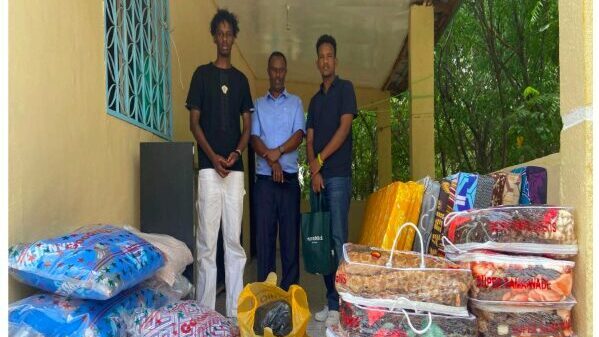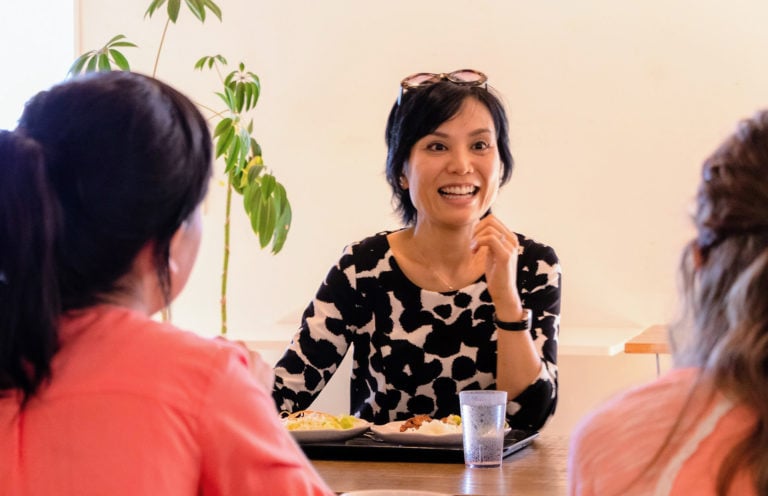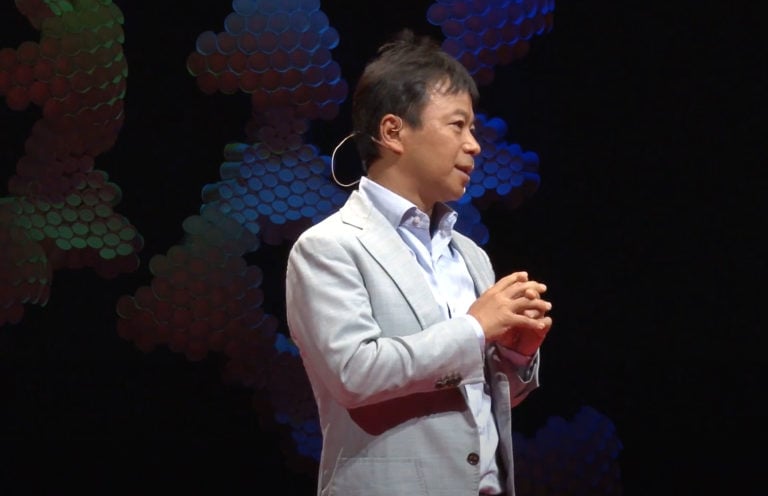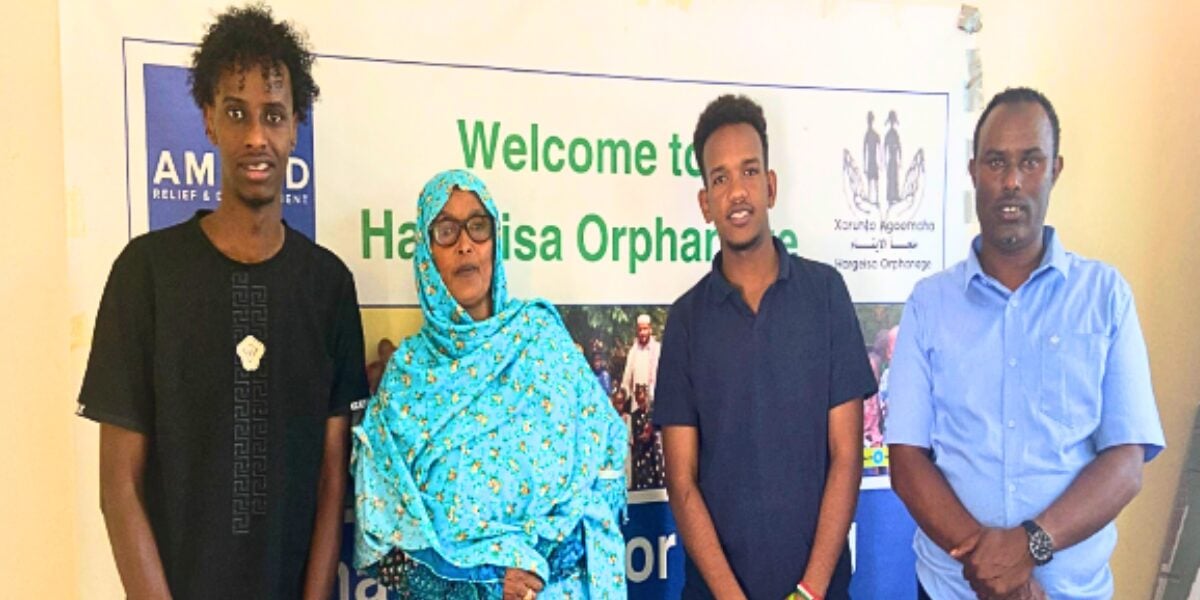
In the aftermath of the devastating earthquake that shook Japan earlier this year, Zamir, Jimacale and Yonis had their thoughts drift thousands of miles away to the vulnerable children in their homeland, Hargeisa, Somaliland. They could not help but think of the children with no shelter, steady meals, and no safety net in place when disaster strikes. When asked what compelled them to create Stars Under the Refuge, Zamir responded, “As I felt the tremors and saw the swift government response, my thoughts turned to homeless children in my home country. Unable to sleep, I channeled my concern into action and applied for the Go Make a Difference prize, winning $2,000”
In a world where government aid falls short and hope seems a distant luxury, three young individuals stepped in as advocates for these resilient children in Hargeisa. Their mission being:
- Immediate Relief: Providing essential support to meet their daily needs, offering a lifeline in their struggle for survival.
- Long-term Empowerment: Securing placements in nurturing orphanages where these children can finally access the trifecta of care they desperately need – education, nutrition, and shelter.
The stark contrast between the relief efforts in Japan and the daily struggles of these forgotten children sparked something powerful: a call to action, igniting a mission to make a difference, not just for a few, but for an entire community of children waiting for hope to reach them.
Taking the first steps
With a focus on addressing the urgent needs of street children who were orphaned or abused, Stars Under the Refuge aimed to create a foundation of stability which included placements in nurturing orphanages that provided not only shelter but access to education and health care.
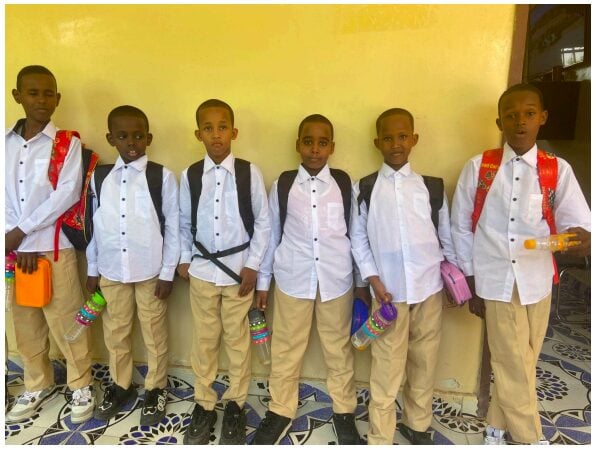
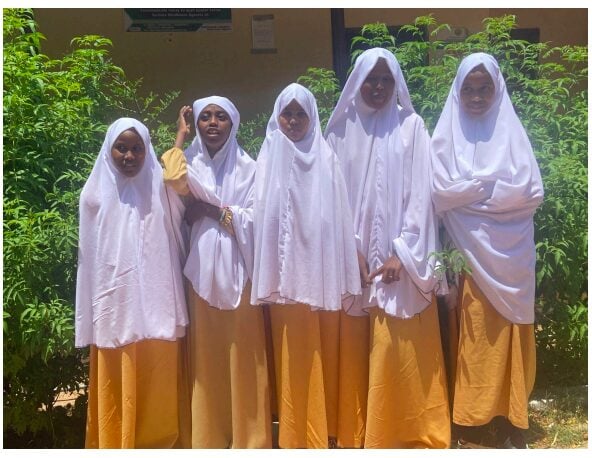
The first leap to the success of this project involved identifying which children required immediate support. It was not an easy task, but after consulting friends, family, and local government members, they decided to focus on the youngest and most vulnerable. The next process was registering the children with the help of the Hargeisa Orphanage Center. “As each child’s name was recorded, we witnessed a sense of recognition in their eyes, a realization that they were now part of something meaningful”, said Zamir. In deciding which resources to prioritize, they focused on immediate needs based on direct observations of the children’s situations. They provided clothing for protection, bedding for comfort, school uniforms and books to enable education.
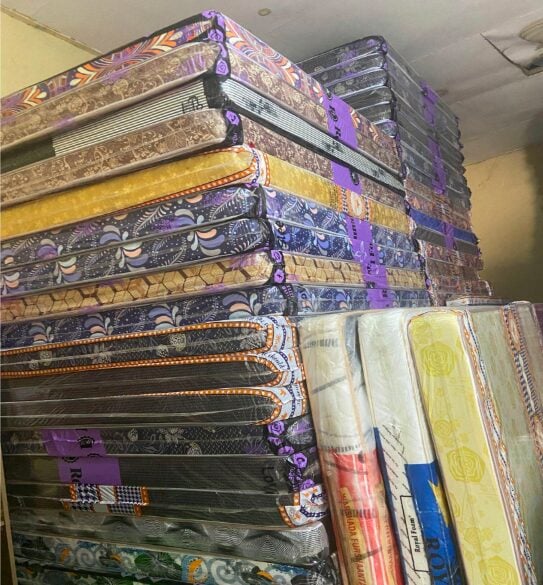
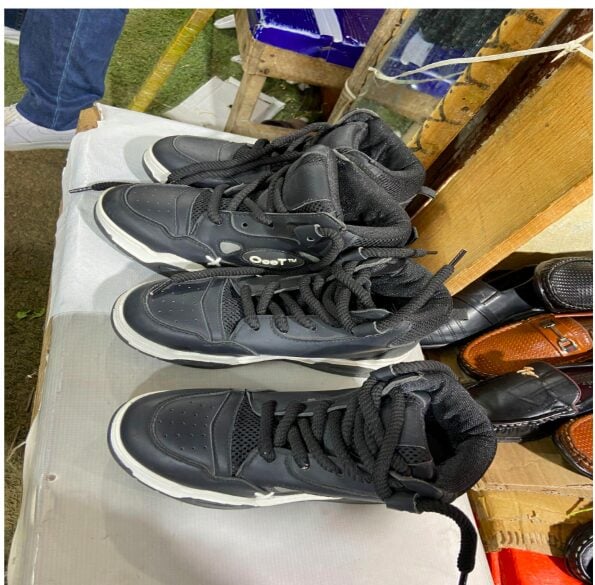
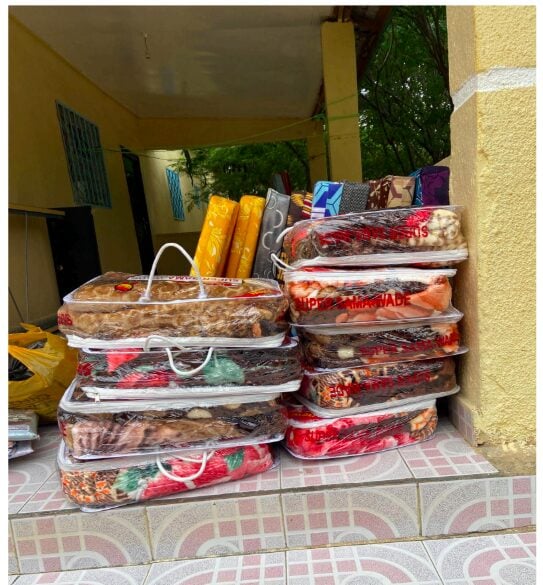
Exploring the Challenges
As expected, a project of this scale came with significant challenges. One of the biggest obstacles was securing enough resources to meet the urgent needs of the children, as their funding was limited and competition for donations was high. Additionally, coordinating with local institutions and ensuring that the children received proper care and education required careful planning and constant communication. “They didn’t believe me the first time I approached them because they had never seen someone as young as I trying to help those children, they were used to meeting NGOs and other organizations from different countries for these kinds of issues,” Zamir reflects. However, they kept on pushing, and once the team demonstrated their commitment and shared news of their prize, the government finally agreed to support them.
Working with vulnerable children requires sensitivity and care. To ensure that the children felt safe and supported, Zamir prioritized building trust and creating a nurturing environment from their initial interactions with the children during the transition to the Hargeisa Orphanage Center. They provided them with essential items like clothing, bedding, and school supplies, their aim being to give the children a sense of stability and belonging in their new home, helping them feel valued and cared for during this significant change in their lives.
Reflecting on UWC ISAK Japan’s Impact
Zamir reflects on how his time at UWC ISAK Japan shaped the way he approaches leadership, particularly in dealing with complex social issues such as that of his project. “The school’s emphasis on social responsibility and global awareness has deepened my understanding of the challenges faced by vulnerable populations,” he says. The biggest leadership lesson he learnt at UWC ISAK Japan, which guided him through the challenges of Stars Under the Refuge was the importance of empathy and perseverance in effecting change. This lesson was crucial in helping him stay committed to the project despite the emotional toll of witnessing the children’s hardships.
Zamir believes the collaborative spirit fostered at the school was instrumental in building partnerships with the Hargeisa Orphanage Center and other local organizations. Additionally, the resilience cultivated at UWC ISAK Japan was crucial in helping them overcome their obstacles.
“I feel UWC ISAK Japan has prepared me well for future leadership roles and humanitarian projects. The school’s focus on practical leadership and social impact has given me the confidence to initiate and manage complex projects,” shared Zamir. His experience with Stars Under the Refuge reinforced his commitment to using his education and skills to make a positive difference in the world, aligning perfectly with UWC ISAK Japan’s mission of nurturing transformative leaders.
Looking Forward
With the first phase of Stars Under the Refuge being a complete success, Zamir plans to expand the project by assisting more children. Long-term, he not only hopes to improve the lives of individual children, but to also contribute to broader community development in Hargeisa by breaking cycles of poverty and homelessness. Moving forward, Zamir aims to seek opportunities that will allow him to apply his skills and experiences, potentially in roles within non-profit organizations, international development, or social entrepreneurship, where he can continue to address pressing social issues and create meaningful change.
